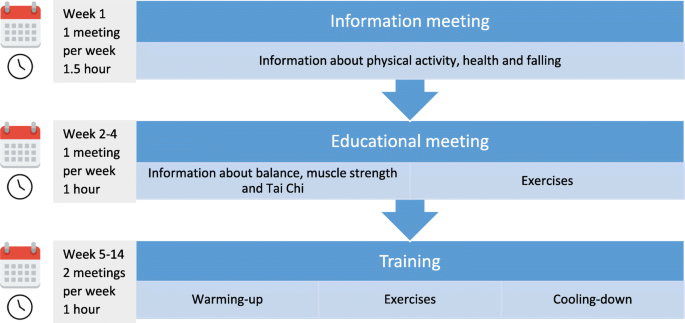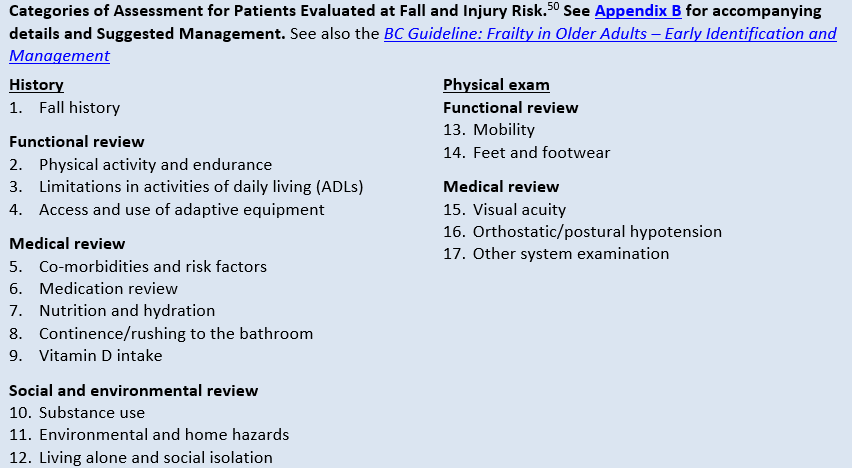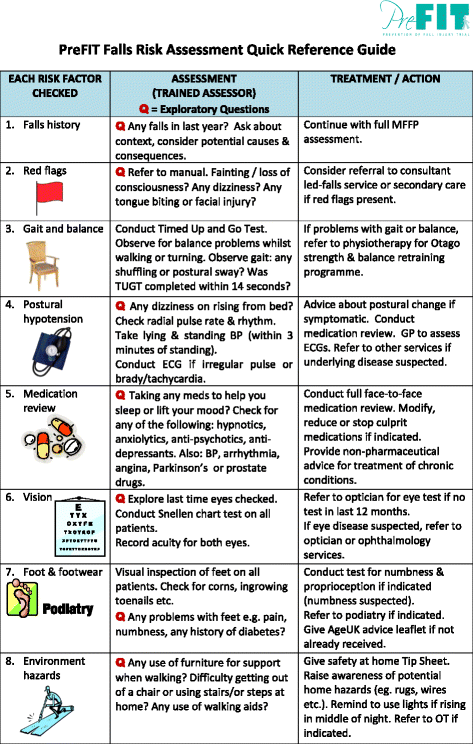Things about Dementia Fall Risk
Things about Dementia Fall Risk
Blog Article
Dementia Fall Risk for Dummies
Table of ContentsSome Known Details About Dementia Fall Risk How Dementia Fall Risk can Save You Time, Stress, and Money.The Main Principles Of Dementia Fall Risk The Single Strategy To Use For Dementia Fall RiskDementia Fall Risk Fundamentals Explained
The FRAT has 3 sections: fall threat status, danger element list, and action plan. A Loss Threat Condition includes data regarding background of current falls, medications, psychological and cognitive standing of the patient - Dementia Fall Risk.If the patient scores on a risk factor, the matching number of points are counted to the client's fall threat score in package to the far ideal. If a client's fall risk score completes five or greater, the individual goes to high risk for drops. If the client scores only 4 factors or reduced, they are still at some danger of dropping, and the registered nurse needs to use their finest scientific evaluation to take care of all fall risk variables as component of an alternative treatment strategy.
These common approaches, in basic, aid create a safe atmosphere that decreases unintentional drops and delineates core precautionary procedures for all individuals. Signs are vital for people at threat for drops.
A Biased View of Dementia Fall Risk
Wristbands need to consist of the individual's last and initial name, date of birth, and NHS number in the UK. Information need to be printed/written in black versus a white history. Just red color needs to be made use of to signal special patient status. These referrals follow existing advancements in person recognition (Sevdalis et al., 2009).
Items that are as well far might call for the patient to reach out or ambulate unnecessarily and can possibly be a threat or add to drops. Helps stop the person from heading out of bed with no assistance. Nurses react to fallers' call lights quicker than they do to lights launched by non-fallers.
Aesthetic problems can greatly cause drops. Hip pads, when used properly, might reduce a hip fracture when fall occurs. Maintaining the beds closer to the floor decreases the risk of drops and serious injury. Putting the cushion on the flooring dramatically decreases loss risk in some health care setups. Low beds are designed to minimize the distance a client drops after moving out of bed.
How Dementia Fall Risk can Save You Time, Stress, and Money.
People who are high and with weak leg muscle mass who try to rest on the bed from a standing placement are most likely to fall onto the bed because it's also reduced for them to reduce themselves securely. Likewise, if a high person attempts to get up from a reduced bed without aid, the individual is likely to fall back down onto the bed or miss the bed and drop onto the flooring.
They're created to promote timely rescue, not to stop drops from bed. Distinct alarm systems can likewise advise the person not to stand up alone. The usage of alarms can likewise be a replacement for physical restrictions. In addition to bed alarm systems, increased supervision for risky patients also may aid prevent falls.

Clients with an evasion stride increase fall possibilities dramatically. To lower fall risk, footwear should be with a little to no heel, thin soles with slip-resistant walk, and sustain the ankle joints.
All About Dementia Fall Risk
In a research study, homes with ample lights report less falls (Ramulu et al., 2021). Renovation in illumination at home may minimize fall rates in older grownups.

Sitters work for ensuring a safe and secure, safeguarded, and safe setting. Nonetheless, research studies showed really low-certainty proof that sitters decrease loss risk in acute treatment medical facilities and only moderate-certainty that options like video clip surveillance can decrease sitter usage without raising original site autumn risk, suggesting that sitters are not as helpful as at first thought (Greely et al., 2020).
How Dementia Fall Risk can Save You Time, Stress, and Money.

Increased physical fitness minimizes the threat for falls and restricts injury that is sustained when loss takes place. Land and water-based workout programs may be likewise beneficial on balance and stride and therefore reduce the risk for falls. Water exercise may add a positive you could try this out advantage on equilibrium and gait for women 65 years and older.
Chair Rise Exercise is a straightforward sit-to-stand exercise that helps strengthen the muscles in the upper legs and buttocks and enhances flexibility and independence. The objective is to do Chair Rise exercises without making use of hands as the customer becomes stronger. See sources area for a detailed direction on my latest blog post just how to carry out Chair Rise workout.
Report this page